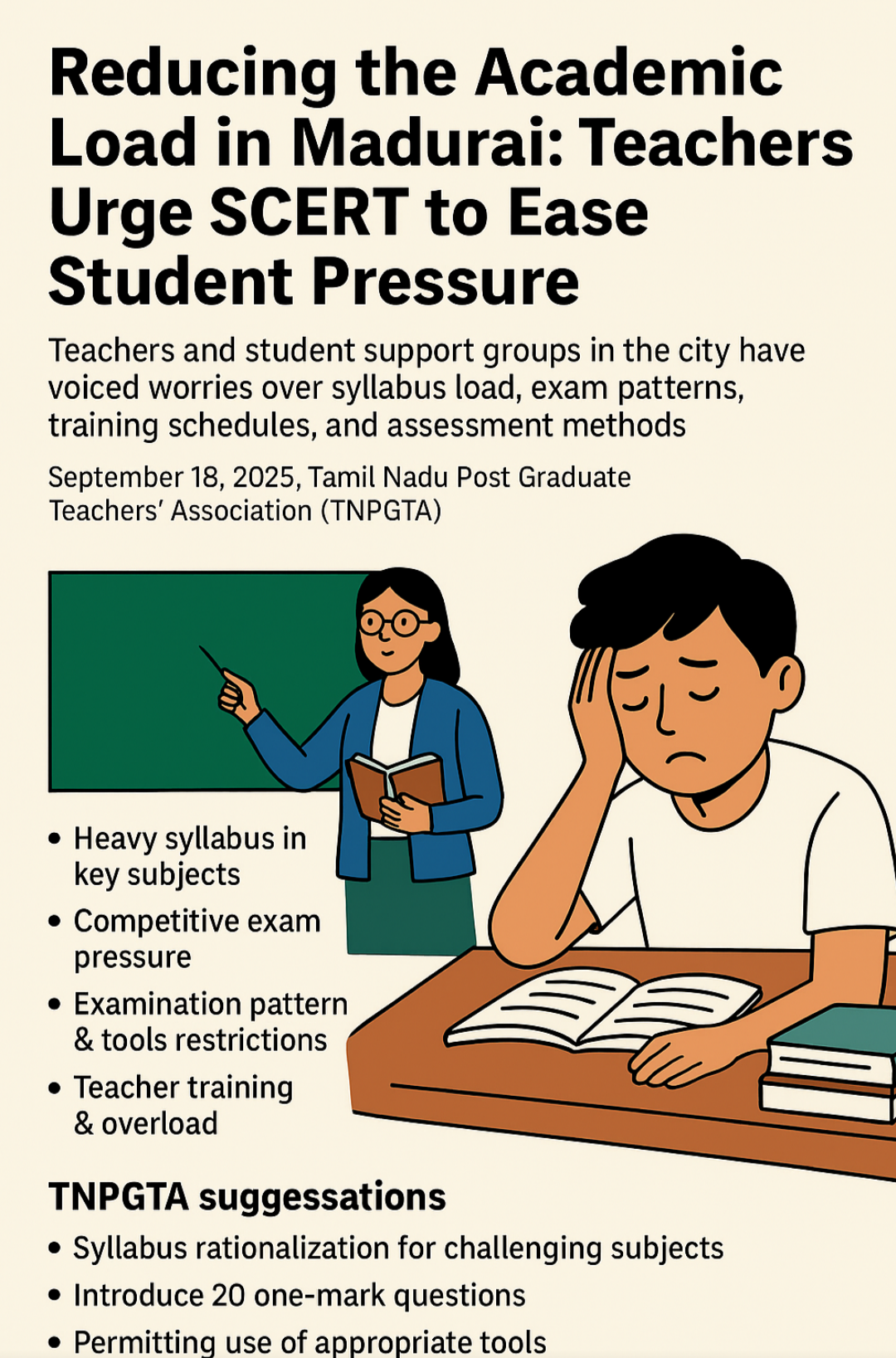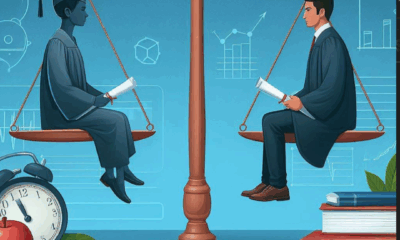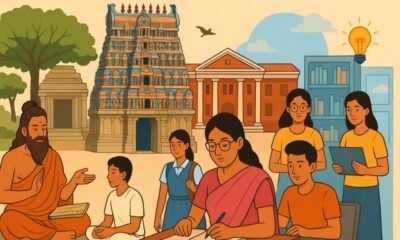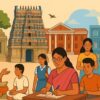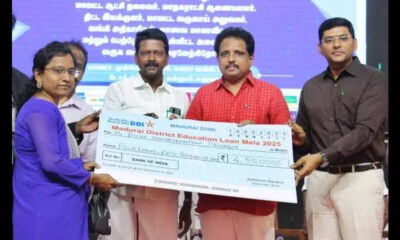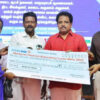Education
Reducing the Academic Load in Madurai: Teachers Urge SCERT to Ease Student Pressure
Madurai’s classrooms are brimming with eager minds, but behind the faces of ambition lie concerns that the educational load is becoming overwhelming. Teachers and student support groups in the city have begun voicing worries: syllabus load, exam patterns, training schedules, and assessment methods are placing excessive pressure on both learners and educators. On September 18, 2025, the Tamil Nadu Post Graduate Teachers’ Association (TNPGTA) officially appealed to SCERT (State Council of Educational Research and Training) to reduce the academic burden for students and teachers across Madurai. Their recommendations aim to make learning more balanced, sustainable, and effective.
Why the Concern Now?
Over the past few years, multiple factors have converged to create academic stress for students in Madurai:
1. Heavy Syllabus in Key Subjects
Science, Mathematics, and the Arts have seen substantive growth in what is expected of Class XII students. Topics are numerous, and depth is increasing—in many cases, students report needing to memorize large portions without enough time to deeply understand concepts.
2. Competitive Exam Pressure
With NEET, JEE, TNPSC, and other entrance exams shaping the choices of many students, there is increasing overlap between state board content and competitive exam preparation. This overlap pushes students to study beyond prescribed textbooks, often sacrificing rest and hobbies.
3. Examination Pattern & Tools Restrictions
Standard assessment formats sometimes limit the ways students can express their understanding. For example, the lack of allowance for calculators in certain exams forces students to perform time-consuming manual calculations even when the concept is well understood. The TNPGTA has suggested including more one-mark questions, which can reduce exam fatigue and distribute scoring broadly.
4. Teacher Training & Overload
Teachers, particularly at the postgraduate level, also face pressure. The association raised concerns about ongoing skill-development trainings scheduled closely around exam periods. These require teachers to juggle multiple tasks—evaluating students, covering syllabus, administrative work—and attend residential training sessions. The timing and logistics of these often make the process burdensome.
5. Physical Comfort & Support
Issues such as insufficient restrooms for staff in certain campus blocks, and difficulty in commuting for rural students and teachers, add to the stress. When physical infrastructure doesn’t support educational work comfortably, attention and energy shift from learning to managing discomfort.
What TNPGTA Has Suggested
To address these concerns constructively, local educators have proposed several changes:
Syllabus rationalization for challenging subjects like mathematics and science. Emphasizing core concepts instead of exhaustive topic lists.
Introducing 20 one-mark (or similar short) questions in board exams to reduce pressure on students during long, high-stake tests.
Permitting the use of appropriate tools (like calculators) in subjects such as Physics and Accountancy, where it doesn’t deter conceptual understanding.
Postponing non-urgent training and residential programs until after exams or during holiday periods to reduce overlapping commitments.
Ensuring better physical facilities—restrooms, clean spaces, break times—for both students and teachers.
Strengthening communication and feedback channels between SCERT, teachers, and school administration to consider logistical realities when designing schedules and training.
Potential Impacts
If SCERT takes up these suggestions, here’s what could improve in Madurai’s educational landscape:
Reduced Student Burnout: With lighter exams and shorter syllabus demands, students could have more time for hobbies, rest, and deeper learning.
Improved Teaching Quality: Teachers could focus more on concept clarity rather than rushing through content, leading to better retention and understanding among students.
Inclusivity: Students from rural or underprivileged backgrounds often are most affected by exam pressure; easing the load can help level the playing field.
Sustained Academic Interest: When education is not just about clearing exams but about gaining skills and knowledge, students are more likely to engage in reading, exploration, and creative thinking.
Challenges Ahead
However, implementing change is not without obstacles:
Policy inertia: SCERT and education boards have tight schedules and bureaucracies that may resist rapid change.
Uniform standards vs local flexibility: Boards often aim for standardization; tweaking too much locally could raise concerns about consistency across districts.
Resource constraints: Introducing approved calculators, upgrading facilities, or rescheduling teacher training require logistical and financial support.
Monitoring and follow-through: Even when changes are made, ensuring that schools actually implement them is critical; otherwise, students may not feel any improvement.
Conclusion
Madurai stands at a crucial moment. While high academic standards have long been part of its identity, the cost at which they’re achieved is increasingly visible in student stress and teacher overload. The TNPGTA’s request to SCERT is more than a demand—it is a call for sustainable and humane education. By balancing rigor with rest, assessment with affection, and tradition with empathy, Madurai can reimagine its classrooms as places where learning thrives without breaking spirits.
If implemented well, these changes could not only improve exam performance but also rebuild joy in learning and preserve Madurai’s legacy as a knowledge hub.


